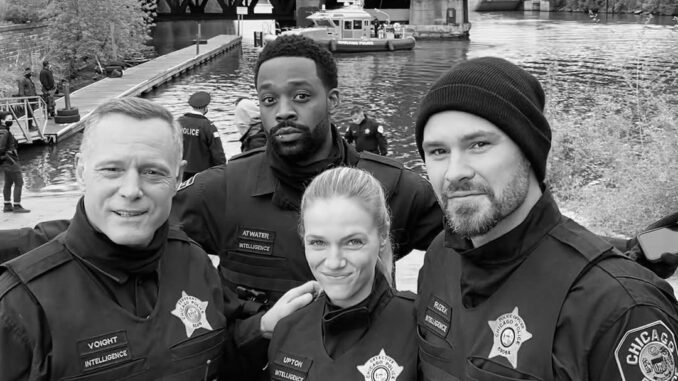
Since its explosive premiere, Chicago P.D. has anchored its gritty narrative in the moral ambiguity of Hank Voight, a character who’s walked the fine line between justice and brutality. Season after season, Voight has straddled the line between rogue cop and protector, often breaking rules to protect those he deems worth saving—or to bring down criminals by any means necessary. Now, with Season 13 on the horizon and the devastating murder of Reid looming large, the series may finally be ready to confront the arc that’s been simmering since day one: Voight’s reckoning.
Reid’s murder may be the final push that forces Voight to confront the cost of his past decisions. His unchecked methods have influenced generations of officers. If Reid’s death is a consequence of that legacy—whether directly or indirectly—then Voight may no longer be able to justify the weight he’s carried. It could finally be time to pay the price. Since Season 1, showrunner Dick Wolf and the writers have walked a tightrope with Voight. The character’s refusal to conform has given Chicago P.D. its distinctive edge, setting it apart from procedural norms. But there’s always been an understanding among viewers: this can’t last forever. No one escapes consequences indefinitely.
One of the key players in Voight’s potential arc is Hailey Upton. Her Season 12 departure left a void, but her storyline—particularly her moral and emotional unraveling after working closely with Voight—remains essential to the narrative. If Upton returns even briefly in Season 13, she could serve as a crucial voice of reckoning. Her journey has always mirrored Voight’s, but unlike him, she’s sought a way back to the light. If Reid’s murder becomes a test of Voight’s leadership and values, Upton could be the one to challenge him directly. She knows what it’s like to carry his burdens, and she may be the only one with the emotional clarity to hold him accountable—not out of revenge, but out of necessity.

Beyond Voight’s personal arc, Reid’s death and the potential fallout will affect every member of the Intelligence Unit. Ruzek, Atwater, and Burgess have all struggled with the ethical gray zones Voight often forces them into. Ruzek has flirted with his mentor’s methods, while Atwater has consistently pushed back, especially when those methods endanger the community’s trust in the police. Season 13 may be the season where the team finally fractures—or comes together—in response to a leadership crisis. If Reid’s murder leads to an internal investigation, the unit may have to make difficult choices: protect Voight or protect themselves.
Voight’s story has always revolved around justice—but a kind shaped by pain and vengeance. Reid’s death gives the writers an opportunity to redefine what justice means in the world of Chicago P.D.. If Voight responds the way he always has—off the books and with fists or bullets—the fallout could be catastrophic. Alternatively, if he resists the urge and lets the system work (flawed as it may be), it would mark a seismic shift in his character. Perhaps, after years of walking the edge, Voight will choose a different path—not because he believes in the system, but because he finally sees the damage his way has done. This could be the most powerful arc the show has tackled yet. Not just because of the drama or stakes, but because it would ask the core question: Can a man like Voight truly change? Or is he doomed to be undone by the very code that’s sustained him?
Chicago P.D. Season 13 stands at a narrative crossroads. With the murder of Reid, the show has been handed a unique opportunity—not just to evolve, but to bring long-awaited closure to a character who has defined it. Voight’s arc has always been inevitable. The only question now is whether that arc ends in redemption, ruin, or something far more complicated. The badge may shield Voight from many things, but not from himself. Reid’s death could finally force him to look in the mirror—and what he sees might change the Intelligence Unit forever.
